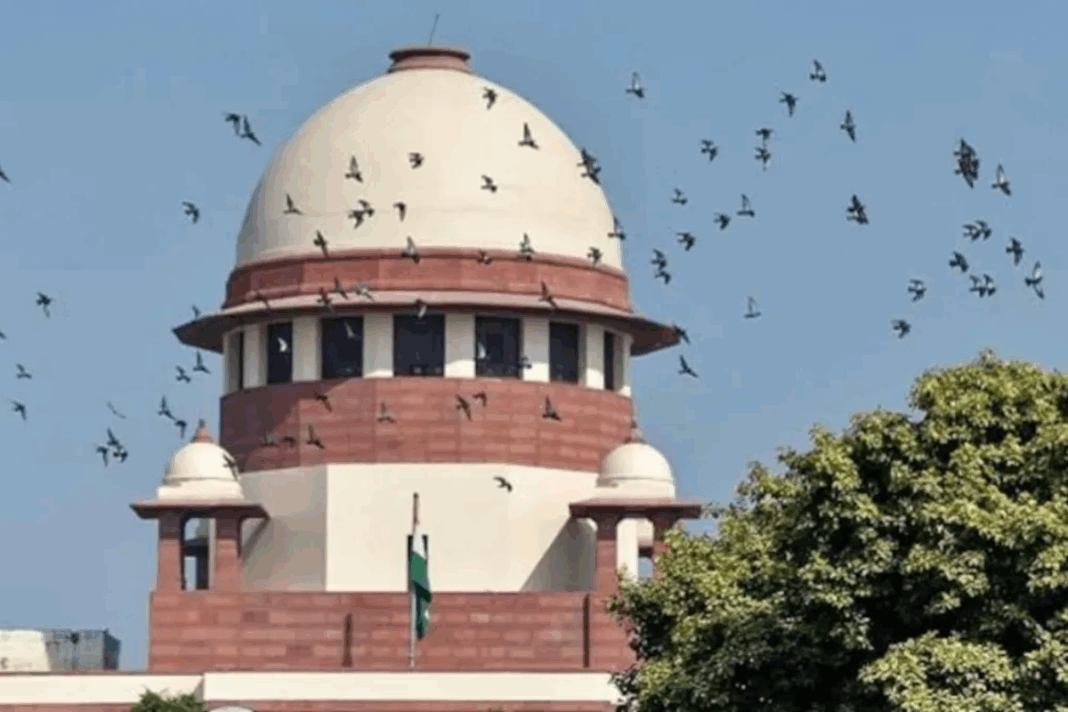On Monday, the Supreme Court did not put the Waqf (Amendment) Act, 2025, on hold as a whole. However, it put on hold three controversial parts of the law that have caused arguments about religious freedom, property rights, and how waqf institutions should be run. The bench heard several petitions and said that the Act as a whole did not need to be stopped. However, they did admit that some parts of it raised major constitutional issues.
Five-Year Rule on Islamic Practice Stayed
One of the most controversial changes was the new rule that someone must have practiced Islam for at least five years before they could give land to a waqf. People who sent the petition said that this rule was unfair because it limited religious freedom and the long-standing rule that “anyone professing Islam” could make a waqf. The highest court has now put this rule on hold, so the older, more open standard will stay in place until further notice.
DON'T MISS
Allowing non-Muslims to serve on Waqf boards
Another part that was questioned was the part that said non-Muslims could only be three members of the State Waqf Boards and the Central Waqf Council. Critics said this limit makes it harder for everyone to join and makes it harder for outsiders to keep an eye on management. The Supreme Court decided to ignore this clause, pointing out that different points of view shouldn’t be limited in the management of waqf bodies without a good reason.
The collector has the power to decide who owns property.
The Court also got rid of the provision of the law that enabled District Collectors to judge if land set aside as waqf genuinely belonged to the government. Petitioners contended this gave the executive branch a lot of power because it shut out the courts and put waqf lands at risk of being taken without reason.
The Amendment’s Past
In April, Parliament passed the Waqf (Amendment) Act, 2025, and it became public. The goal was to modernize waqf management. It made it easier to store records electronically, made audits harsher, protected “waqf by user” properties, and allowed women additional rights in family waqf matters.
Stand of the Center and Next Steps
The Center said that even though the waqf has its roots in Islamic law, it is a democratic idea in India, and they asked the Court not to stop the whole Act. The Supreme Court mostly agreed with this point of view, while controversial parts of the law stayed put.



